
Book
The Scout Mindset
Why Some People See Things Clearly and Others Don’t
Recommendation
How should you think about thinking? According to cognition expert Julia Galef, people often make a decision before getting all the relevant facts, and then defend their choice against anything that does not support it. The result, all too often, she writes, is poor, sometimes disastrous, decision-making. Intel’s history serves as a stark example of the advantages of what Galef calls the “Scout” mind-set, while France’s disastrous Dreyfus affair exemplifies the pitfalls of a “Soldier” approach.
Summary
About the Author
Host of the Rationally Speaking podcast Julia Galef co-founded the Center for Applied Rationality; her TED talk garnered over four million views.
Learners who read this summary also read
Book
Book










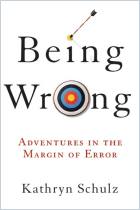
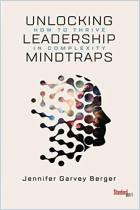
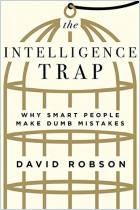
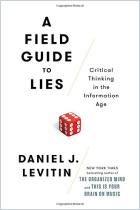
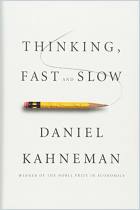




Comment on this summary or Diskussion beginnen